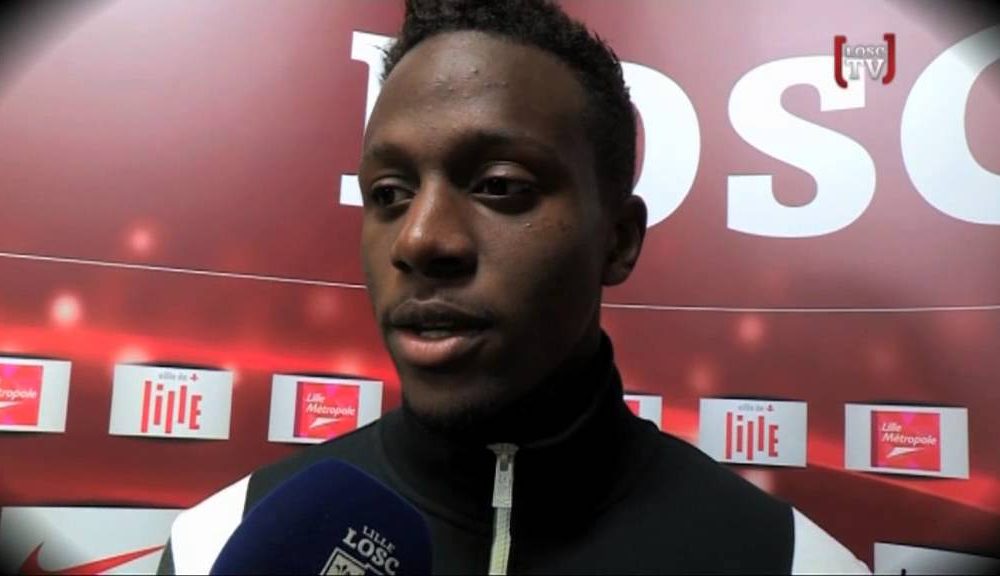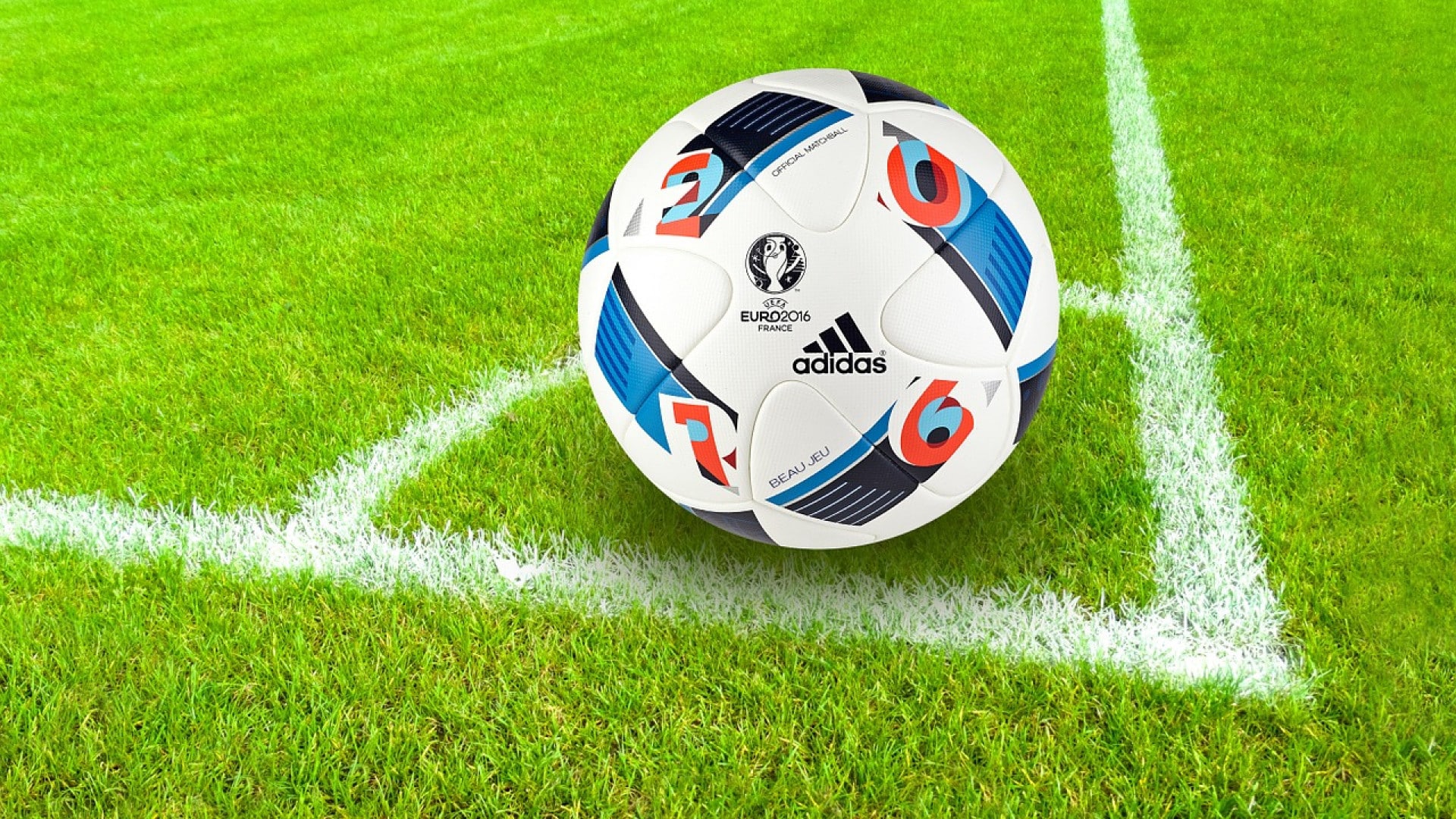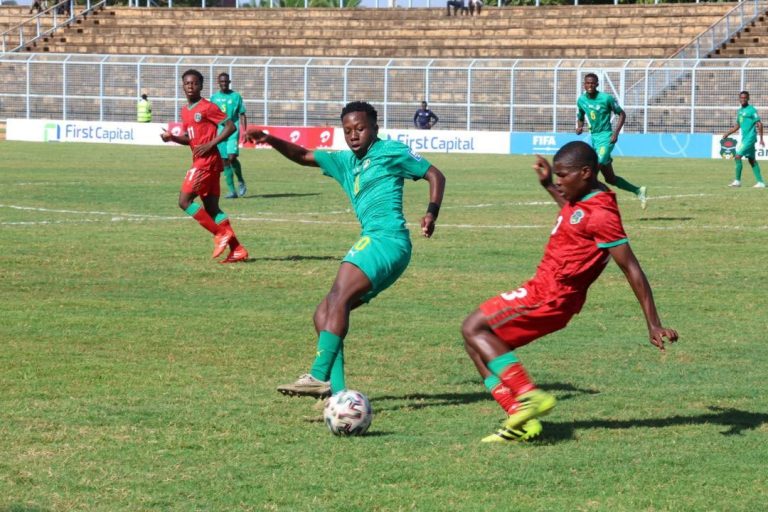How To Be More Aggressive In Football: Unlock Your Inner Warrior
Are you tired of feeling like you're just not bringing enough intensity to the game? Do you want to know how to be more aggressive in football and dominate the field? Well, buckle up, because we're about to dive deep into the strategies and mindset that will transform you into a force to be reckoned with. Being aggressive on the pitch isn’t just about brute strength; it’s about skill, confidence, and knowing exactly when to push forward.
Let’s face it—football is a game of passion, speed, and raw energy. If you're holding back, you're leaving points on the table. In this guide, we’ll break down everything you need to know about how to be more aggressive in football, from physical techniques to mental preparation. Whether you're a seasoned player or just starting out, there’s something here for everyone.
But before we get into the nitty-gritty, let’s clear something up. Aggression in football doesn’t mean recklessness. It’s about channeling your focus, energy, and determination to give it your all every single time you step onto the field. So, are you ready to take your game to the next level? Let’s go!
- Unveiling The Life And Legacy Of Londa Butler A Journey Through Triumph And Resilience
- Unveiling The Celestial Symbol For Neptune A Deep Dive Into Its Meaning And History
Understanding What It Means to Be Aggressive in Football
Aggression vs. Recklessness: Know the Difference
First things first, let’s talk about what being aggressive in football actually means. Some players think that being aggressive means going full throttle all the time, but that’s not the case. True aggression is about timing, precision, and intention. You want to be assertive without crossing the line into dangerous play.
Here’s a quick breakdown:
- Aggression = controlled intensity, smart decision-making, and taking calculated risks.
- Recklessness = reckless tackles, poor decisions, and unnecessary fouls.
Being aggressive is about making the right choices at the right moments. It’s about reading the game and knowing when to push forward, when to defend, and when to seize an opportunity.
- Amy Adams Ms Unveiling The Multifaceted Talent Of A Modernday Icon
- What Is Dere Definition The Ultimate Guide To Understanding Dere In Everyday Context
Why Aggression Matters in Football
Aggression is a crucial component of football because it can change the momentum of the game. When you play with intensity, you send a message to your opponents that you’re not backing down. This can rattle even the most skilled players. Plus, being aggressive can lead to more tackles, better positioning, and ultimately, more goals.
Think about the best players in the world—Lionel Messi, Cristiano Ronaldo, Neymar. They all have one thing in common: they bring an unrelenting level of aggression to every game. And guess what? You can too.
Building the Right Mindset for Aggression
The Power of Mental Toughness
Mental toughness is the foundation of aggression in football. If you’re not mentally prepared to give it your all, you’ll struggle to perform at your best. So, how do you build mental toughness? It starts with setting goals, visualizing success, and embracing challenges.
Here are a few tips to boost your mental game:
- Set clear, achievable goals for each game. Whether it’s making five successful tackles or scoring a goal, having a target will keep you focused.
- Visualize yourself succeeding. Picture yourself making that perfect pass, scoring that winning goal, or executing that crucial tackle.
- Embrace challenges. Every game is an opportunity to improve. Don’t shy away from tough opponents—face them head-on.
Remember, mental toughness is like a muscle—it gets stronger with practice. The more you push yourself mentally, the more aggressive you’ll become on the field.
Overcoming Fear and Doubt
Fear and doubt are the biggest barriers to aggression in football. If you’re afraid of making mistakes or getting injured, you’ll hold back. But here’s the thing: every great player has faced fear and doubt at some point in their career. What sets them apart is how they overcome it.
To overcome fear and doubt, try these strategies:
- Focus on what you can control. You can’t control the weather or the referee’s decisions, but you can control your effort and attitude.
- Use positive self-talk. Instead of telling yourself “I can’t do this,” remind yourself “I’ve trained for this. I’ve got this.”
- Learn from your mistakes. Every mistake is an opportunity to grow. Analyze what went wrong and figure out how to improve next time.
By addressing your fears and doubts, you’ll free yourself to play with the aggression you need to succeed.
Physical Techniques for Increased Aggression
Improving Your Tackling Skills
Tackling is one of the most important aspects of aggression in football. A well-executed tackle can stop an opponent in their tracks and turn the momentum in your favor. But tackling isn’t just about brute force—it’s about technique and timing.
Here are some tips to improve your tackling skills:
- Get low and balanced. Your center of gravity should be lower than your opponent’s to give you more leverage.
- Use your arms and legs effectively. Wrap your arms around your opponent’s legs and use your body weight to knock them off balance.
- Time your tackle perfectly. Wait for the right moment to strike—usually when your opponent is off balance or distracted.
Practice makes perfect, so spend time working on your tackling technique in training. The more comfortable you are with it, the more aggressive you’ll feel during games.
Enhancing Your Defensive Positioning
Defensive positioning is another key aspect of aggression in football. If you’re always in the right place at the right time, you’ll be able to disrupt your opponent’s play and create opportunities for your team.
Here’s how to improve your defensive positioning:
- Stay aware of your surroundings. Keep your head up and know where your teammates and opponents are at all times.
- Anticipate your opponent’s moves. Study their patterns and predict where they’ll go next.
- Communicate with your teammates. Good communication can help you stay organized and prevent gaps in your defense.
By improving your defensive positioning, you’ll be able to play with more confidence and aggression.
Strategic Approaches to Aggression
When to Be Aggressive and When to Hold Back
Knowing when to be aggressive is just as important as knowing how to be aggressive. There are certain situations where aggression is key, and others where it’s better to hold back. Here’s a quick guide:
- Be aggressive when you’re in possession of the ball. Push forward, take risks, and create opportunities.
- Hold back when you’re defending near your own goal. In these situations, it’s better to be cautious and avoid unnecessary risks.
- Be aggressive when the game is on the line. If you’re down by a goal with minutes left, it’s time to go all out.
By understanding when to be aggressive, you’ll be able to play smarter and more effectively.
Using Aggression to Control the Game
Aggression can be a powerful tool for controlling the flow of the game. When you play with intensity, you force your opponents to react to you instead of the other way around. This can disrupt their rhythm and give your team the upper hand.
Here’s how to use aggression to control the game:
- Pressure your opponents as soon as they receive the ball. This will make them nervous and increase the chances of mistakes.
- Take charge of set pieces. Be the player who steps up and demands the ball during corners and free kicks.
- Communicate with your teammates. Encourage them to play with the same level of intensity and aggression.
By using aggression strategically, you’ll be able to dictate the pace and direction of the game.
Training and Preparation for Aggression
Physical Conditioning for Aggressive Play
Being aggressive in football requires a high level of physical fitness. If you’re not in shape, you’ll struggle to maintain the intensity needed to play aggressively for the full 90 minutes. Here’s how to get in peak condition:
- Focus on cardiovascular fitness. Running drills and interval training will improve your stamina and endurance.
- Build strength and power. Weightlifting and plyometric exercises will help you become stronger and more explosive.
- Improve your flexibility and agility. Stretching and mobility exercises will reduce your risk of injury and enhance your performance.
By conditioning your body properly, you’ll be able to play with the aggression you need to succeed.
Mental Preparation for Aggressive Play
Mental preparation is just as important as physical preparation when it comes to aggression in football. If your mind isn’t ready, your body won’t follow. Here’s how to prepare mentally:
- Practice mindfulness. Techniques like meditation and deep breathing can help you stay calm and focused under pressure.
- Visualize success. Spend time before each game picturing yourself playing with intensity and succeeding.
- Stay positive. Surround yourself with positive influences and maintain a can-do attitude.
By preparing your mind, you’ll be ready to bring the aggression when it matters most.
Common Mistakes to Avoid
Don’t Confuse Aggression with Recklessness
One of the biggest mistakes players make is confusing aggression with recklessness. As we discussed earlier, aggression is about controlled intensity, not wild, unchecked behavior. If you’re reckless, you’ll end up getting injured, injuring others, or picking up unnecessary yellow or red cards.
Here’s how to avoid recklessness:
- Stay disciplined. Stick to the rules and avoid unnecessary risks.
- Think before you act. Take a moment to assess the situation before making a move.
- Respect your opponents. Remember that football is a game, and there’s no need to take it too personally.
By avoiding recklessness, you’ll be able to play with the aggression you need without crossing the line.
Don’t Overthink It
Another common mistake is overthinking. If you’re constantly analyzing every move and second-guessing yourself, you’ll lose your edge. Aggression requires instinct and intuition, so trust yourself and let your training take over.
Here’s how to avoid overthinking:
- Trust your instincts. You’ve trained for this—let your body do what it knows how to do.
- Stay present. Focus on the moment and don’t dwell on past mistakes or worry about future outcomes.
- Embrace the chaos. Football is unpredictable, and that’s part of what makes it exciting.
By avoiding overthinking, you’ll be able to play with the freedom and aggression you need to thrive.
Conclusion: Take Your Game to the Next Level
So, there you have it—everything you need to know about how to be more aggressive in football. Remember, aggression isn’t just about physical intensity; it’s about mindset, strategy, and preparation. By building mental toughness, improving your physical conditioning, and using aggression strategically, you’ll be able to dominate the field and take your game to the next level.
Now it’s your turn to put these tips into action. Start small by focusing on one or two areas at a time, and gradually build up your confidence and aggression. And don’t forget to have fun—football is a game, after all!
So, what are you waiting for? Get out there and show the world what you’re made of. And when you do, come back and share your success stories in the comments below. We’d love to hear how you’ve taken your game to the next level!
- 5lbs Of Muscle Vs Fat The Ultimate Showdown You Didnrsquot Know You Needed
- When Did Aberfan Happen Uncovering The Tragic Day That Shook The World

"Etre plus agressif !" Pause Foot

Comment devenir plus fort au foot ? Harakiwi

Tournoi des 4 Nations U20 Battu face au Malawi, le Zimbabwe se veut